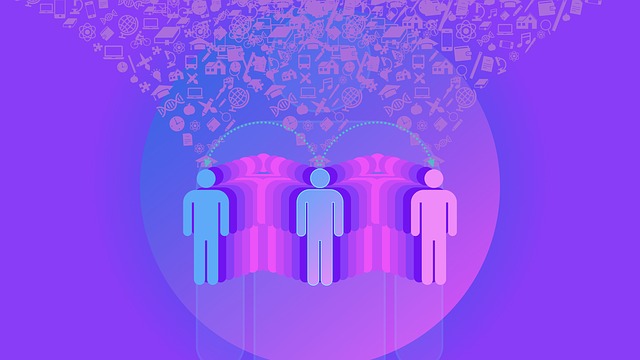This March 26, 2019 article was written by Vanessa Bates Ramirez for Singularity Hub.
In this article, Ramirez explores an important question: How can technology recreate the abilities of the human brain without understanding how the human brain works?
By citing several experts, Ramirez demonstrates the looks at the milestones of brain-machine interfaces and notes that despite its advances, humanity is far from artificial intelligence (AI) that has the same intelligence level and learning capacities as humans.
Dr. Heather Berlin, cognitive neuroscientist, and professor of psychiatry at the Icahn School of Medicine at Mount Sinai says that the Turing test is no longer a sufficient measure of consciousness. She says, “If you can replace one neuron with a silicon chip that can do the same function, then replace another neuron, and another - at what point are you still you?”
Editor’s Note: Two years since this article was published, the same questions about consciousness remain unanswered. The issue of AI safety remains unaddressed. Despite this, however, AI development continues unabated.
Meanwhile, as funding for these projects continue to pour in, plans for AI regulation are still virtually non-existent.
Read Original Article
Read Online
Click the button below if you wish to read the article on the website where it was originally published.
Read Offline
Click the button below if you wish to read the article offline.
